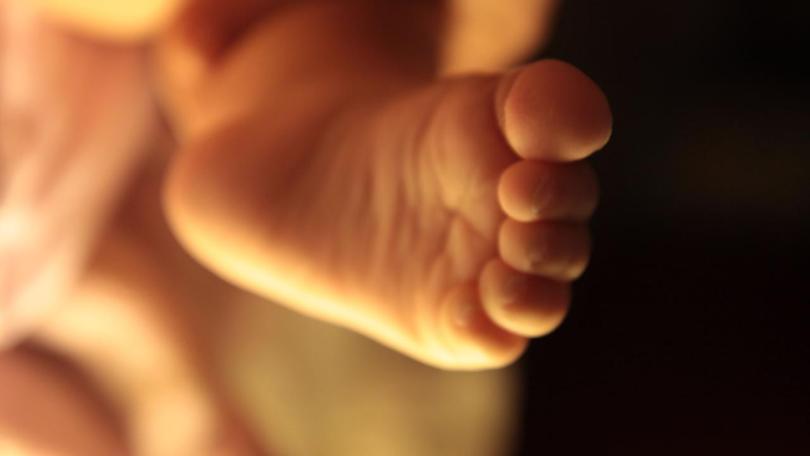Monash IVF mix-up in Brisbane sparks legal ‘nightmare’ over baby’s true parents, wrong embryo transferred
A baby born to the wrong parents after an IVF clinic’s ‘human error’ could wade into uncharted legal territory in Australia and highlights concerns with the industry.

An IVF mix up that led to a woman giving birth to a baby that is not genetically hers after she was impregnated with a stranger’s embryo is a legal “nightmare”.
That’s the verdict from a medical negligence legal expert, who said there is no clear cut way to determine who the child’s parents are and there are no other known cases of it happening in Australia.
On Thursday, Monash IVF apologised as it revealed a patient at one of its Brisbane clinics had an embryo incorrectly transferred to her due to “human error”.
Sign up to The Nightly's newsletters.
Get the first look at the digital newspaper, curated daily stories and breaking headlines delivered to your inbox.
By continuing you agree to our Terms and Privacy Policy.The mix up was discovered in February when the birth parents requested their remaining embryos to be transferred to another IVF provider and an additional embryo was found in storage.
Shine Lawyers Queensland medical negligence practice leader Frances Bertram said determining the child’s parents is not a medical question but instead a family law matter.
“It leads into all sorts of custody questions as well once you start looking at who then are the parents and whether the child is raised by the biological parents or by the parents who carried and gave birth to the child,” Ms Bertram said.
“It just becomes such a nightmare.”
Ms Bertram said all parents involved may be entitled to “very significant” compensation if they start legal action and other family members may also launch claims.
“From a legal point of view, the ongoing impact of this is almost incomprehensible as well, this is not something that somebody can simply make a claim for and potentially will get over,” she said.
“The biological families, the birth family, for the rest of their lives, every time something comes up like Mother’s Day or Christmas ... from the psychological point of view, that is something that’s really hard to measure.”
The lawyer expects the high-profile case would trigger new queries from other families who may have experienced IVF issues.
“At the end of the day yes everyone’s human and yes errors can be made, but from from a legal point of view, that’s why businesses have policies and procedures and systems in place,” she said.
Leading Australian IVF specialist and former Monash IVF director Professor Gab Kovacs said there were over 100,000 IVF cycles in Australia annually so every few years a mistake is made.
“There have been mistakes recognised in the past, it’s more often that the wrong sperm is used when the sperm and the egg are put together,” he told ABC Radio Melbourne.
“Certainly overseas, there have been have been recognised cases the wrong embryo being put in.”
He said stringent processes have been in place for decades including a second person signing off whenever a person handles human tissue.
“I don’t think there’s much more that can be done (other than) to accept that human beings make mistakes,” Prof Kovacs said.
He believes no other similar case has been tested in court before.
Monash IVF chief executive Michael Knaap apologised and said the company would continue to support the patients.
“All of us at Monash IVF are devastated and we apologise to everyone involved,” he said.
“We have undertaken additional audits and we’re confident that this is an isolated incident.”
The clinic, one of Australia’s biggest IVF providers, ordered an independent investigation and committed to implementing any recommendations.
In 2024, Monash IVF reached a $56 million settlement with more than 700 former patients after embryos were destroyed due to allegedly faulty genetic screening.
The class action claimed about 35 per cent of embryos found to be abnormal were normal.
The company confirmed it had reached the settlement through mediation but noted it had made no admission of liability.
